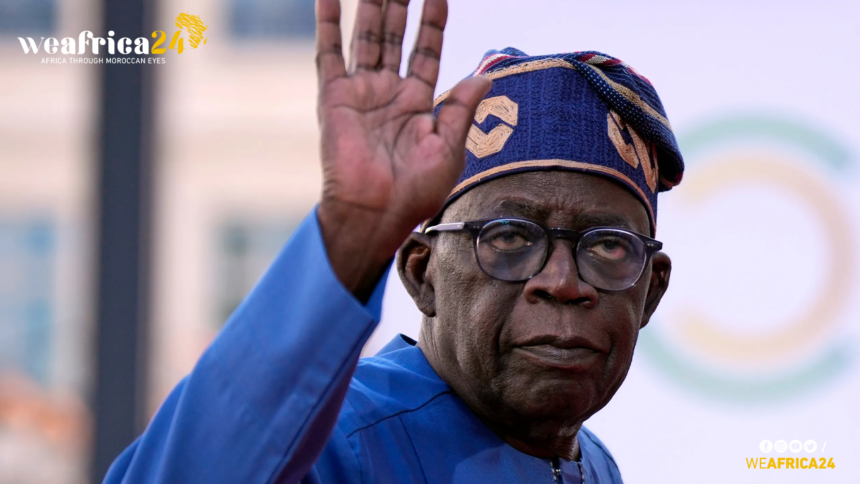A decade after the partial privatization of the Nigerian Electricity Supply Industry (NESI), the Federal Government has conceded that the endeavor has fallen short of its intended objectives. The government deems the present state of power generation, transmission, and distribution at slightly over 4,000 Megawatts to be a source of shame.
President Bola Tinubu, addressing the 2023 NESI Market Participants and Stakeholders Roundtable (NMPSR) in Abuja, expressed his disappointment in the outcome of a decade of privatization, highlighting that around 90 million Nigerians still lack access to reliable electricity.
The three-day conference, themed ‘NESI Privatization and its 10-year Milestone: The Journey So Far, Opportunities, and Prospects,’ has shed light on the grim reality of the privatization effort. President Tinubu, represented by Mr. Sodiq Wanka, the Special Adviser, Energy and Infrastructure, Office of the Vice President, pointed out that the anticipated investments from the private sector never materialized.
He emphasized, “The fundamental goals of the privatization initiative were to enhance the efficiency of the power sector, attract private sector investments, and propel the nation towards a more vibrant economy. However, after a decade, it is safe to say that these objectives have largely remained unfulfilled.”
The electricity deficit is stark: over 90 million Nigerians continue to live without consistent access to electricity. The national grid serves only approximately 15% of the country’s energy demand, compelling households and businesses to rely on costly self-generation methods, which now fulfill a staggering 40% of the nation’s power needs.
What’s even more disheartening is that the total electricity capacity transmitted through the national grid has remained virtually unchanged over the past decade. The stagnation in the nation’s power supply has further underscored the inadequacy of the privatization efforts, raising critical questions about the way forward in addressing this fundamental issue that impacts every facet of life in Nigeria.
As the nation grapples with the ramifications of this stalled privatization, the pressing need for a comprehensive and effective strategy to revitalize the power sector and address the energy deficit becomes more evident than ever. The discourse on the future of Nigeria’s power supply continues, with the hope of delivering a brighter and more electrified future for the country’s citizens.







